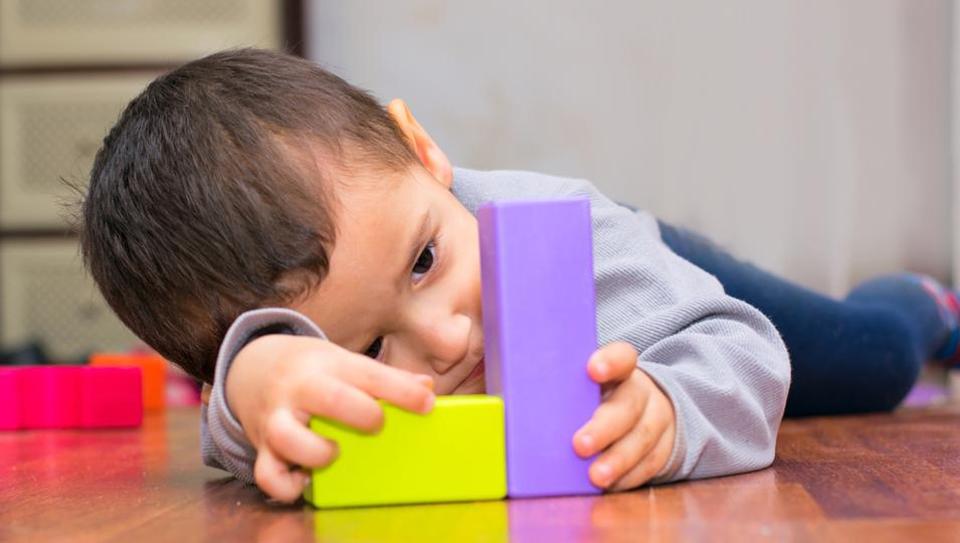WASHINGTON: A strong parental relationship can override the stress caused by experiencing violence or poverty in childhood, a study has found.
To study the impact of the caregiver relationship, researchers from Emory University in the US used functional magnetic resonance imaging (fMRI) to observe activity in the amygdala, a key area of the brain that processes fear and emotion.
They showed children aged 8-13 a series of photos of adult faces that were either neutral or expressing fear.
The amygdalae of children who had experienced violence in their lives grew more active in response to both types of faces, which suggests that these children may engage emotional, fight-or-flight responses even for social cues that are not particularly threatening.
This may be an adaptive response to growing up in an unpredictable or dangerous environment. In children who had not experienced violence, amygdalae were more only active in response to the fearful faces.
In another part of the experiment, the researchers had children and their mothers collaborate on a challenging Etch-a-Sketch task and rated the mothers’ expressions during the interaction.
Then they had the children look at photos of faces. When the mothers had been more positive towards their children, the amygdalae of the younger children, aged 8-10, showed a decrease over time in response to the fearful faces.
This suggests that in young children, the relationship with a mother affects the brain’s response to potential environmental threats. The same effect was not observed in older children.
The findings build on earlier research by the same team, which established that the physical distance between young children and their mothers can influence how the children assess danger.
In the previous study, young children who were physically nearer to their mothers were better able to differentiate between safe and threatening stimuli. Once again, older children didn’t show the same effect.
The findings indicate that even if a child grows up in a stressful environment, parental relationships can protect them, said Jennifer Stevens from Emory University.
“Interventions such as parent training designed to help parents respond positively to young children, might be especially important in situations that are really challenging or where there are low resources,” she said. (AGENCIES)


